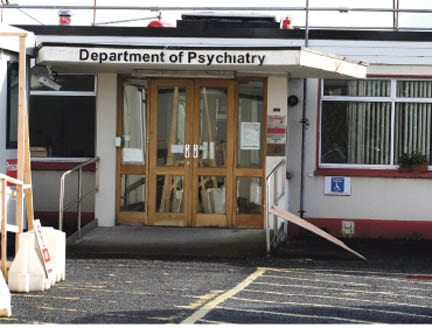 “There would appear to be a high tolerance of admission in Limerick.”
“There would appear to be a high tolerance of admission in Limerick.”
A TOTAL of 13 Limerick children have been admitted to adult psychiatric wards since the beginning of 2011. The only dedicated Child and Adolescent Mental Heath (CAMHS) centre for the West is in Galway and when space is not available there or in similar units in Dublin and Cork, the HSE has to provide emergency accommodation for young people in adult mental health wards.
And while the Mental Health Commission has praised the efforts made by staff to alleviate the situation, it is not happy that children are placed in adult wards.
“Staff in Limerick have conscientiously attempted to put in place appropriate protocols for the admission of young people locally,” says Dr Sally E. Bonnar, Chair of the Child and Adolescent Psychiatry Specialist Advisory Committee. Centre for Child Health.
“Nevertheless, having visited the wards, it is clear that these are not appropriate settings for the care of acutely ill adolescents.
“There would appear to be a low tolerance of risk and a high tolerance of admission in Limerick, based on long standing practice.”
The report does not give numbers specific to Limerick but when asked by the Limerick Post, the HSE confirmed that there were eleven patients under the age of 18 admitted to adult psychiatric wards in 2011 and one so far this year.
“While St. Anne’s in Galway is the dedicated Child and Adolescent Mental Health (CAMHS) centre for the West, when admissions for young people cannot be accommodated in St. Anne’s, the local service seeks beds in Cork/Dublin CAMHS units,” a HSE spokesperson said.
“If an admission cannot be accommodated in these facilities and in emergency situations, the Acute Psychiatric Units in Limerick and Ennis provide a response.”
Parental pressure may also be contributing to children being admitted to adult wards, the report found.
Pointing to the lack of any Limerick CAMHS unit, the report said that the situation in Limerick “demonstrates what happens when emergency services are not backed up with either appropriate beds or intensive community support”.







